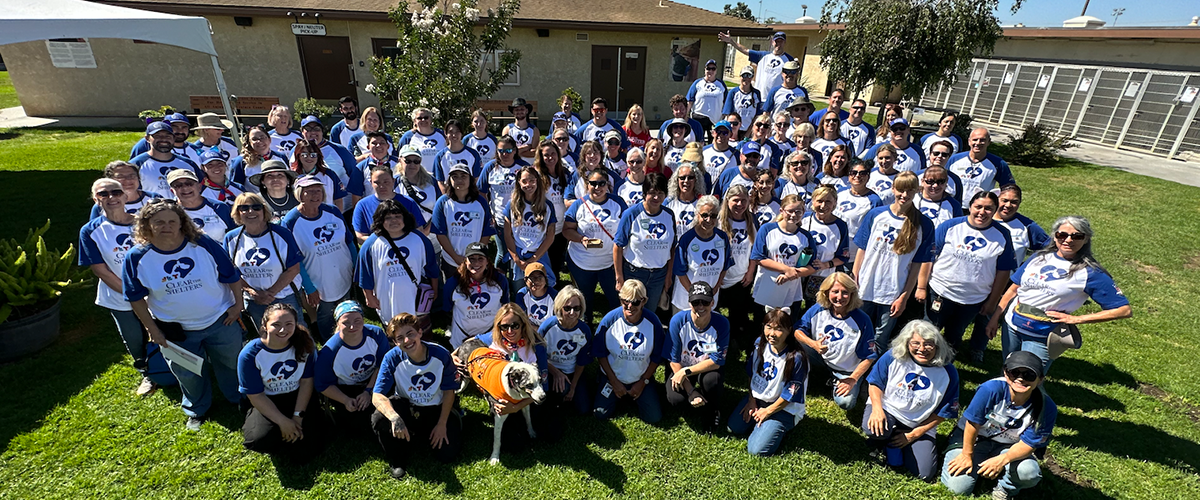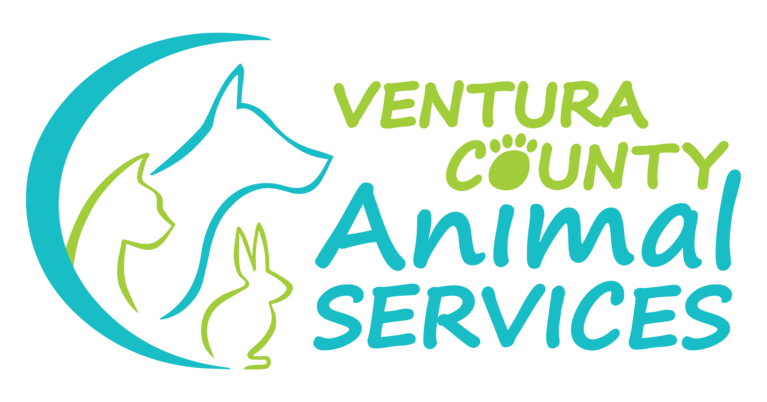
Ventura County Animal Services (VCAS) is the primary animal welfare agency in Ventura County and provides comprehensive services for the well-being of animals in the community. VCAS has a far-reaching impact serving eight (8) cities and the unincorporated areas of the county.
A deep love for animals drives each team member at VCAS. Their commitment goes beyond the call of duty as they strive to make a positive difference in the lives of animals and the community every day. Agency programming is designed to support homeless and injured animals, protect animals from cruelty/neglect, provide information and education to pet owners, enforce state/local animal laws, protect the public from animals who pose a safety risk, provide emergency care for injured wildlife, and provide emergency disaster response.
While VCAS has had numerous accomplishments, one of the most important is having sustained its life-saving philosophy since 2014 with a Live Release Rate of 90% or greater. They aim to find placement for every adoptable and treatable animal in their care. Further, VCAS is extremely fortunate to have over 400 volunteers who assist with this mission through shelter support and foster care services.
VCAS’ pet licensing program is a critical component of the organization's efforts to safeguard the well-being of animals and promote responsible pet ownership. Licensing not only benefits individual pets and their owners but also contributes to the overall health, safety, and harmony of the community.
“Pet licensing provides a reliable means of identifying and reuniting lost pets with their owners. When a licensed pet is found, it's much easier to contact the owner and arrange for a safe return home. This reduces the strain on our shelter resources and ensures that animals are returned to their loving families promptly.” -Shelter Director.
VCAS needs our help
Dealing with overcrowding in kennels, identifying lost pets without any identification, and operating within a 40-year-old building originally designed as a 3-day holding facility are some of the foremost obstacles that VCAS faces. These challenges require community support and ongoing initiatives to address them.
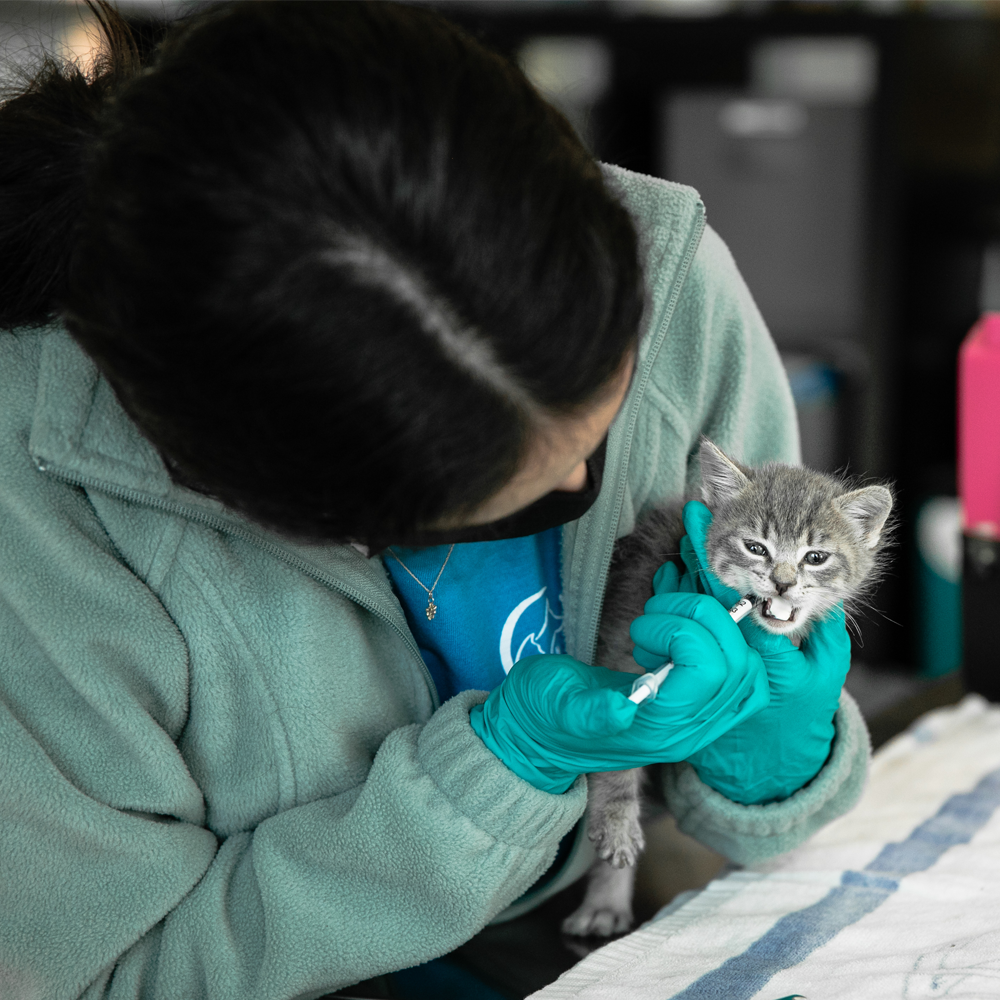
How to help:
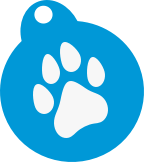
License your pet

License your pet
Pet licensing isn't just about adhering to regulations; it's a multi-faceted tool that offers numerous benefits: identification and reunification should pets go missing, enhancing public safety through vaccination, and promoting responsible pet ownership.
Pet licensing is a comprehensive tool that not only benefits individual pets but also contributes to the well-being and safety of the community as a whole. It's a simple yet powerful way for pet owners to take an active role in ensuring the health, safety, and welfare of their beloved companions and the overall community.
For VCAS, achieving double the licensing compliance would make a significant impact on animal welfare, public safety, and community engagement. It would lead to quicker reunifications with lost pets, ensure a larger portion of the pet population is up-to-date on vaccinations, and demonstrate a stronger commitment to responsible pet ownership within our community.
License your pet here.

Make a donation

Make a donation
Donations are crucial in supporting a wide range of essential initiatives and services within the agency. These contributions help sustain and enhance various aspects of VCAS’ lifesaving mission, including:
- Animal Care: Donations directly contribute to the well-being of the animals in their care. They help cover expenses related to medical care and behavioral health. This ensures that each animal receives the attention and care they need while they wait for a forever home.
- Medical Treatment: Donations enable VCAS to provide advanced medical treatments and surgeries for injured, sick, or special-needs animals. This can include orthopedic surgeries and specialty medications.
- Adoption Programs: Funds from donations support their adoption programs by covering marketing efforts and outreach, which helps connect animals with caring families and reduce the overall shelter population.
- Community Outreach: Donations are vital in their community outreach efforts, including educational programs and awareness campaigns. These initiatives promote responsible pet ownership, animal welfare, and the humane treatment of animals in the community.
- Facility Improvements: Contributions may also be allocated to facility improvements and renovations, such as the construction of their 7,000-square-foot Puppy Playground.
- Emergency Response: In times of crisis or emergencies, donations allow VCAS to respond quickly and effectively to rescue and care for animals in need. This includes situations like natural disasters or large-scale animal rescue.
Donations are a lifeline for the organization, supporting a wide array of critical services and initiatives that help ensure the well-being of animals in their care and the community.
Donate to VCAS here.
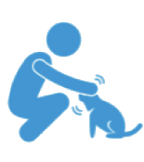
Volunteer

Volunteer
There are several ways in which community members can help VCAS:
- On-Site Volunteering: Becoming an on-site volunteer is an invaluable way to directly assist with the daily tasks related to the welfare of animals. Volunteers can help with feeding, cleaning, socializing, and providing much-needed companionship to the animals in VCAS’ care.
- Foster Parenting: Another impactful role is becoming a foster parent. Fostering involves taking animals home on a temporary basis to provide them with a safe and loving environment while they await adoption. This helps relieve overcrowding in the shelters and offers individualized care to animals in need.
- Share and Promote Adoption Efforts: Residents can support adoption initiatives by actively sharing VCAS’ content on social media. This helps increase the visibility of adoptable animals and encourages more people to consider adoption when looking for a pet.
- Donations to the Foundation: Residents can make a significant difference by donating directly to our non-profit Foundation. These donations directly support our lifesaving efforts, enabling us to provide essential care, medical treatments, and resources to the animals in our care.
By actively participating in these roles and practices, residents can join us in VCAS’ commitment to improving the lives of animals in Ventura County.
Apply to volunteer here.
VCAS by the numbers
We hope that by providing residents with as much information as possible, the positive impact pet licenses have on the community is not just understood, but valued.
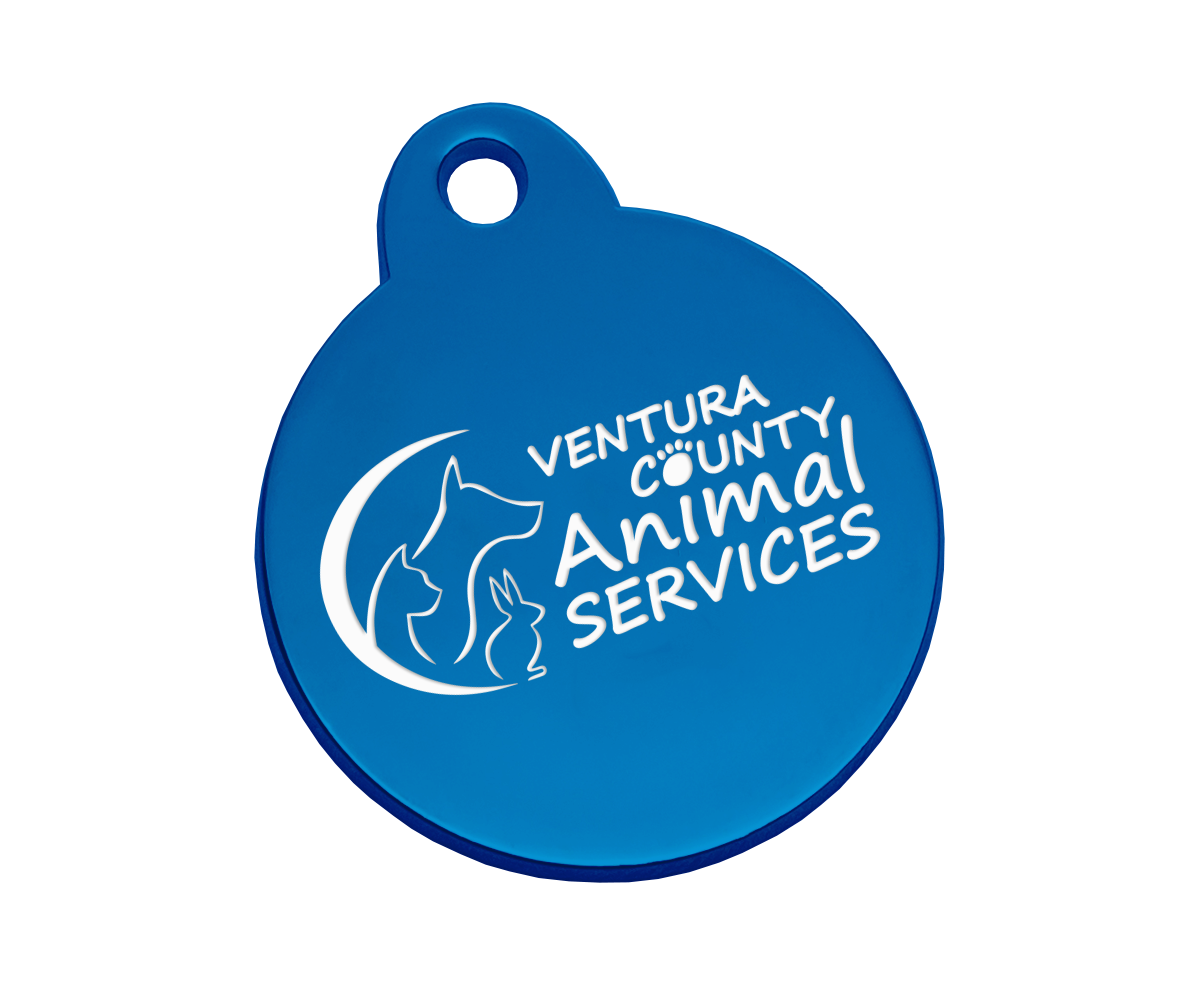

79
Staff
Members
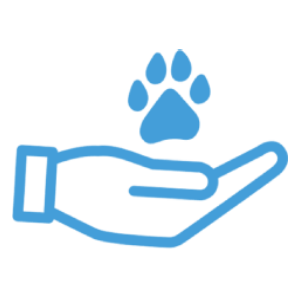
1,804
Pets
Fostered
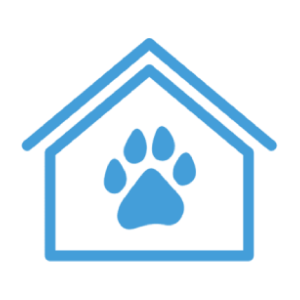
3,970
Pets
Adopted
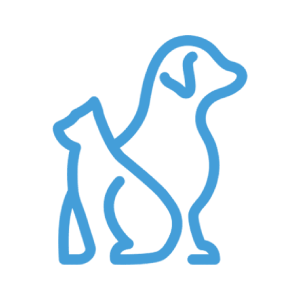
6,629
Pets
Served
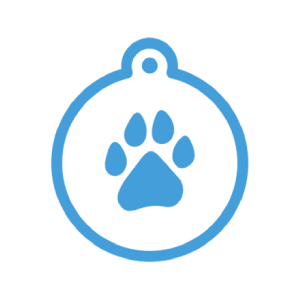
1,288
Lost Pets
Reunited
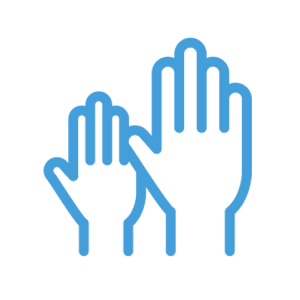
350
Volunteers
*Per year
More than just a shelter
Pet Retention Program
Pet Retention Program
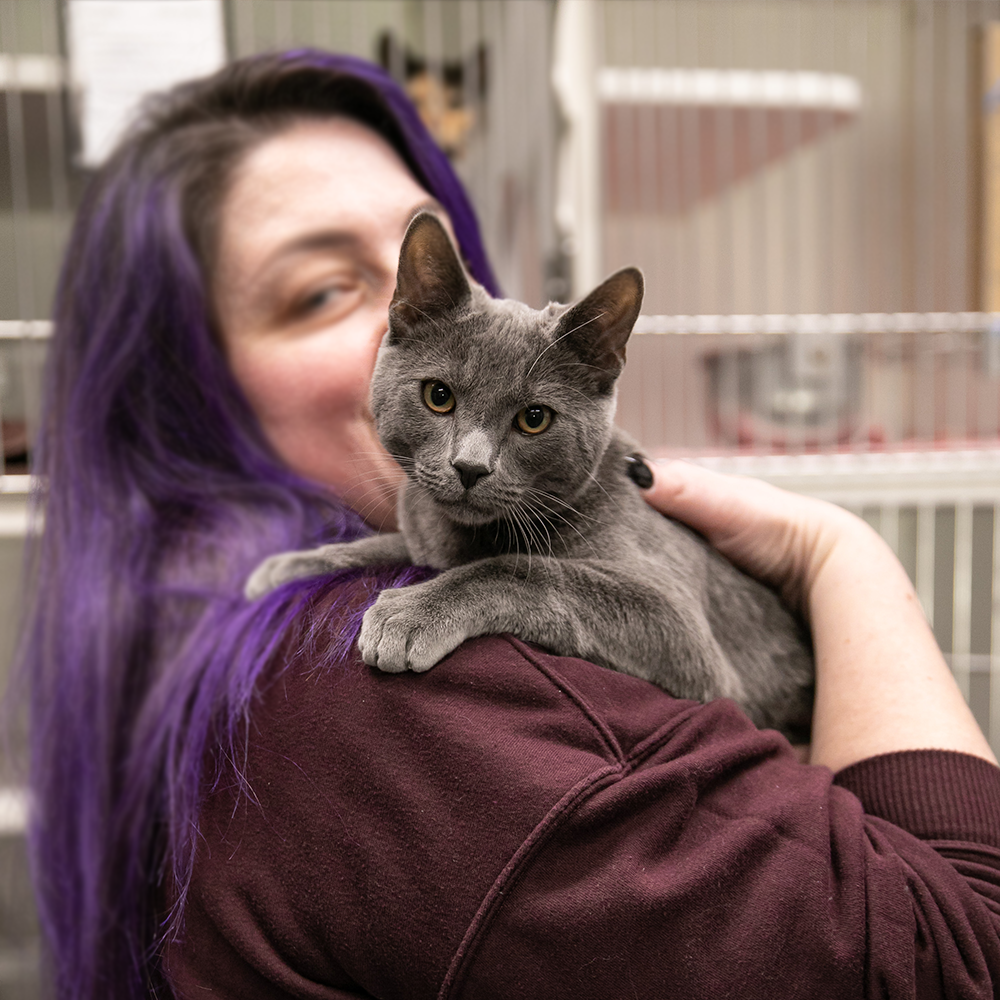
Since its inception in 2016, VCAS’ Pet Retention Program has been a beacon of hope for pet owners facing difficult circumstances. The program is specifically designed to support individuals and families who might otherwise feel compelled to surrender their beloved pets.
VCAS’ dedicated Pet Retention Coordinator works tirelessly to provide guidance, resources, and assistance to these pet owners, ensuring they have the tools to overcome challenges. Through this program, they have achieved remarkable success. Thousands of animals have been able to stay with their families, avoiding the emotional strain of surrender and reducing the burden on shelters.
This program is managed and operated by a single person, VCAS’ compassionate Pet Retention Coordinator, whose dedication is the driving force behind its success.
Volunteer and Foster Programs
Volunteer and Foster Programs
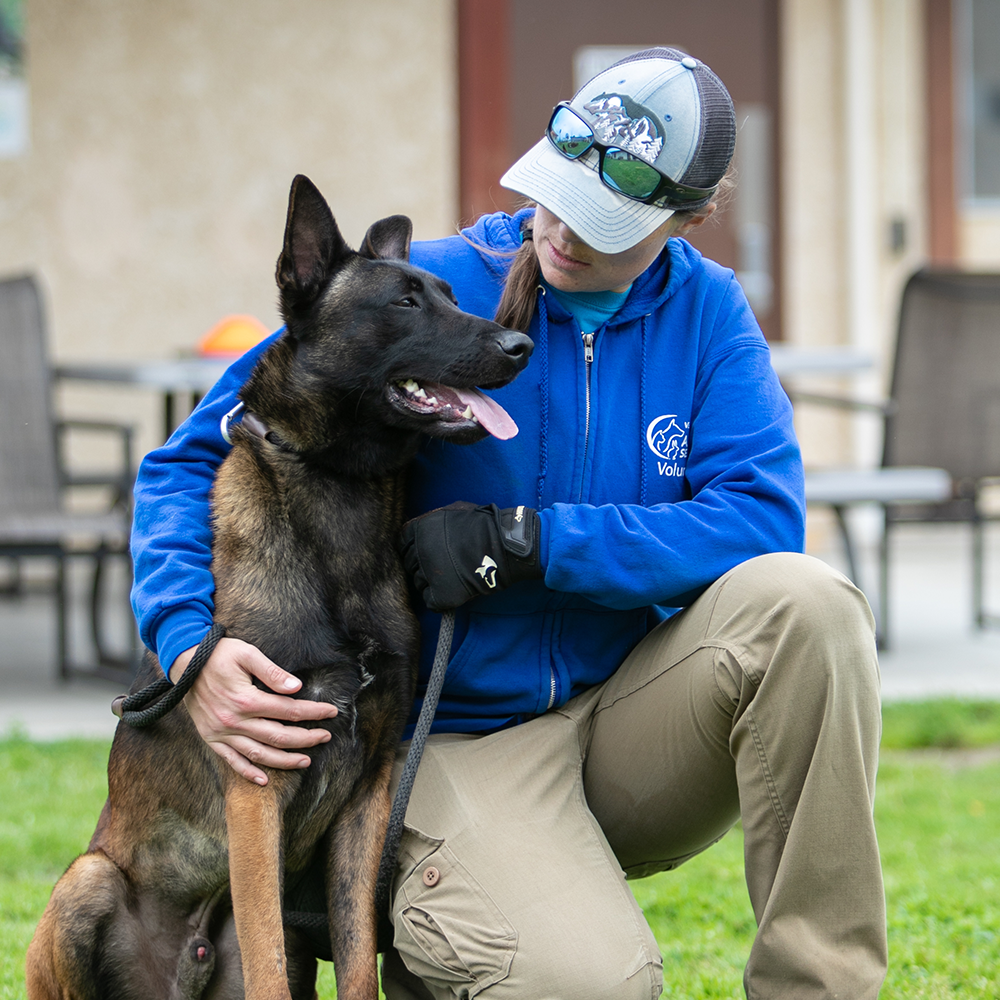
Volunteers and foster parents are the organization's lifeblood. They play a crucial role in almost every program and aspect of shelter life. In fact, many of the dedicated staff members began their journey at VCAS as volunteers. Currently, VCAS is fortunate to have approximately 400 volunteers and foster parents who continue to make a monumental difference.
These programs extend their influence throughout the community, enriching the lives of animals and humans alike. Volunteers and foster parents enable VCAS to provide exceptional care, socialization, and support to a larger number of animals, ultimately improving their chances of finding forever homes.
The volunteer and foster programs are supported by a volunteer and a foster manager, both of whom oversee the recruitment, training, and coordination of their respective teams.
Animal Enrichment Program
Animal Enrichment Program
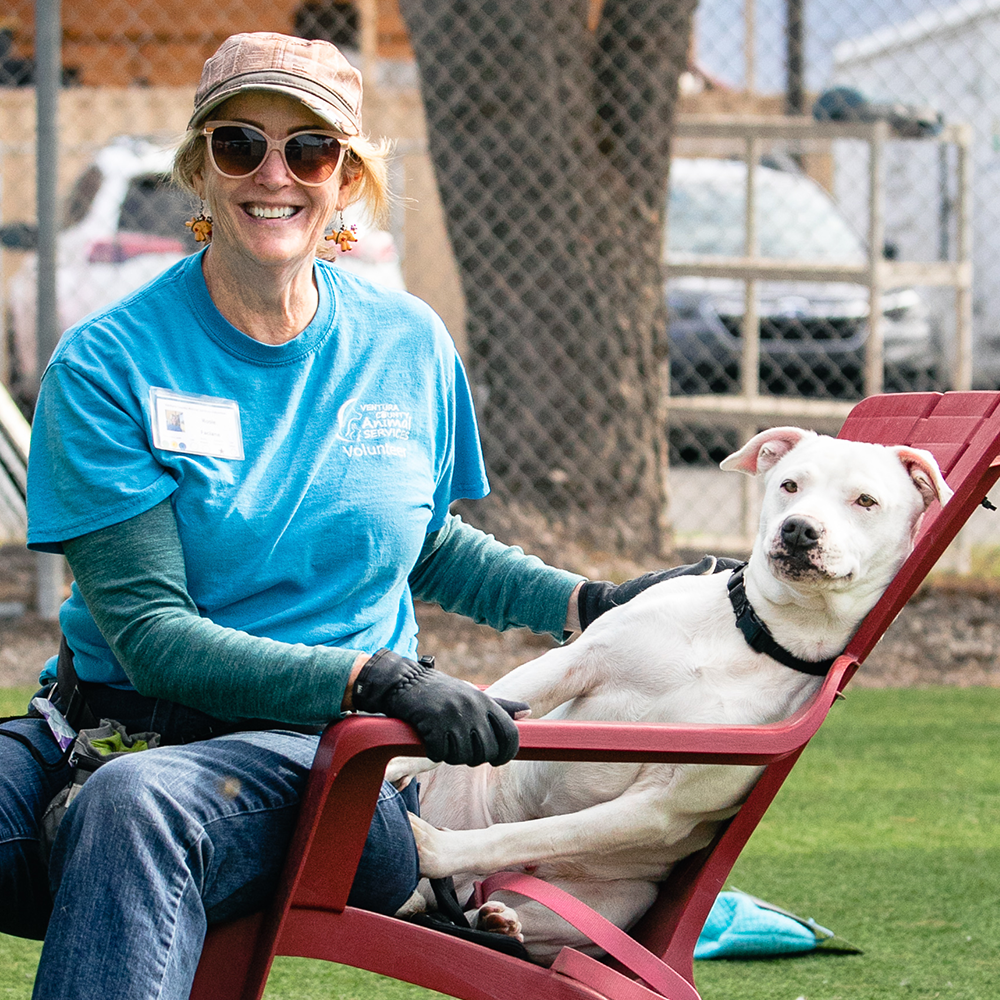
The animal enrichment program at VCAS is a testament to their dedication to the physical and cognitive well-being of animals in their care. Their team of Animal Care specialists has meticulously crafted a wide array of activities designed to stimulate animals both mentally and physically. These activities can be conducted within the animals' kennels, on the shelter property, or at community locations. From leisurely walks to advanced Nose Work training, their enrichment program aims to enhance the lives of animals.
Your license fees at work
Millions of pets enter shelters each year. The critical care, compassion and love that shelter workers and volunteers show these animals is unlimited, but the same unfortunately can’t be said for their budgets. When you license your pet, it isn’t just a fee – but rather, a lifeline – for animals like Howie.
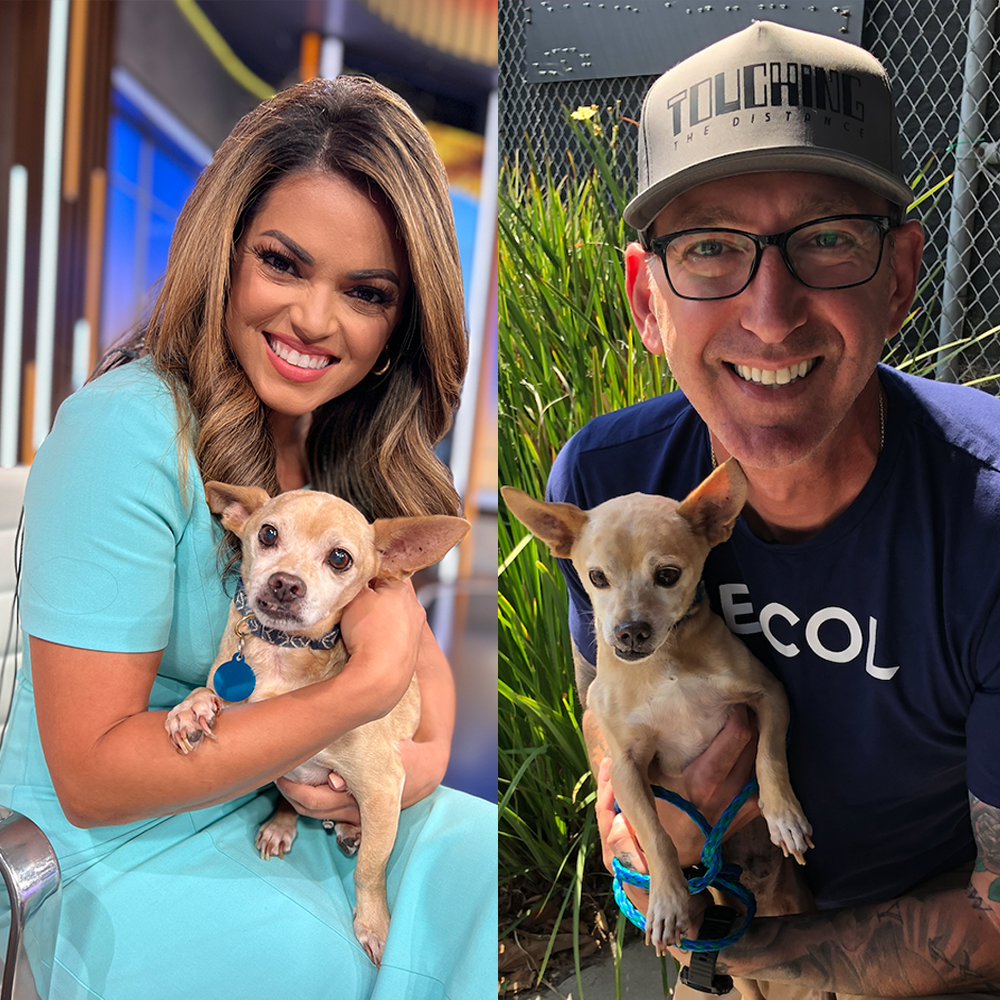
13-year-old Howie arrived at the shelter as a stray. He was in a wonderful foster home for three months but had few interested parties, they believe, due to his age.
VCAS had the opportunity to bring him into the CBS studios for their Pet of the Week segment. Howie was adopted shortly after the segment aired. He was adopted by a soon-to-be-retired naval officer.
One morning before work, a VCAS employee was walking his dogs near his home when he encountered a young dog, alone and loose, being approached by multiple barking coyotes. Luckily, he was able to get this young pup away from the coyotes and bring her safely to the shelter, where a loving family eventually adopted her!
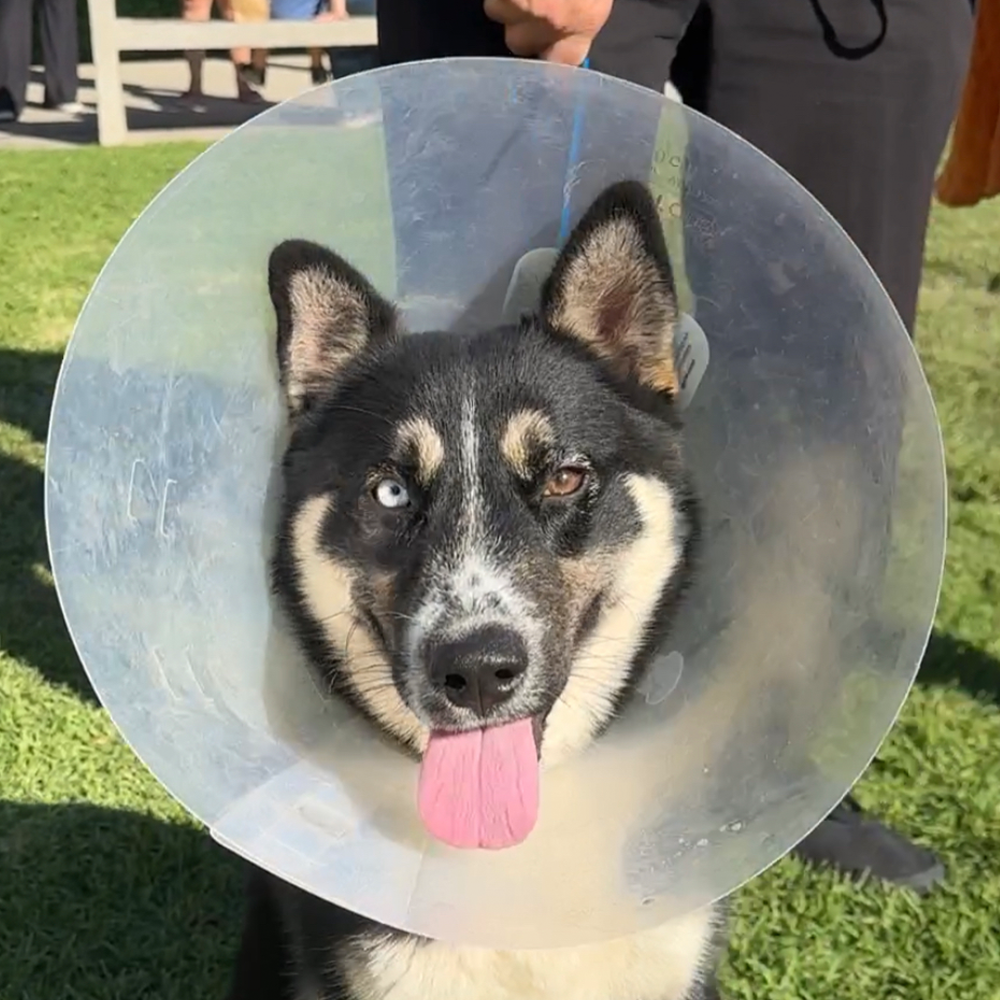
More about VCAS
We sat down with the VCAS Marketing Manager to learn more about the important work being done for local animals in need at VCAS.

What is most rewarding about being a part of your organization?
Seeing the results of our hard work. Animals reuniting with their families and long stay animals getting adopted.
In your words, why is it important for residents to license their pets and what impact does that have on your organization and community as a whole?
Pet licensing is a commitment to being a responsible pet owner and ensuring you are keeping your pet healthy. Increased pet license compliance means our message is getting through and the public understands the importance of licensing.
What is something that makes your shelter unique?
We have a volunteer group called the “Bunny Brigade,” which is an all-volunteer-run group that cares for our bunnies from intake to adoption. I have not heard of another shelter who has a group quite like this!
What is the best piece of advice you have for pet owners?
Give your pet time to decompress and get used to their surroundings. The first 30 days should be uneventful. No parties. No beach trips. No new people. Just give them the opportunity to get used to the smells and sounds of their new home.
Is there anything else you would like people to know about the organization?
We are a community resource and not just a shelter. We have vast knowledge of animal welfare, and we thoroughly enjoy helping members of the community.
